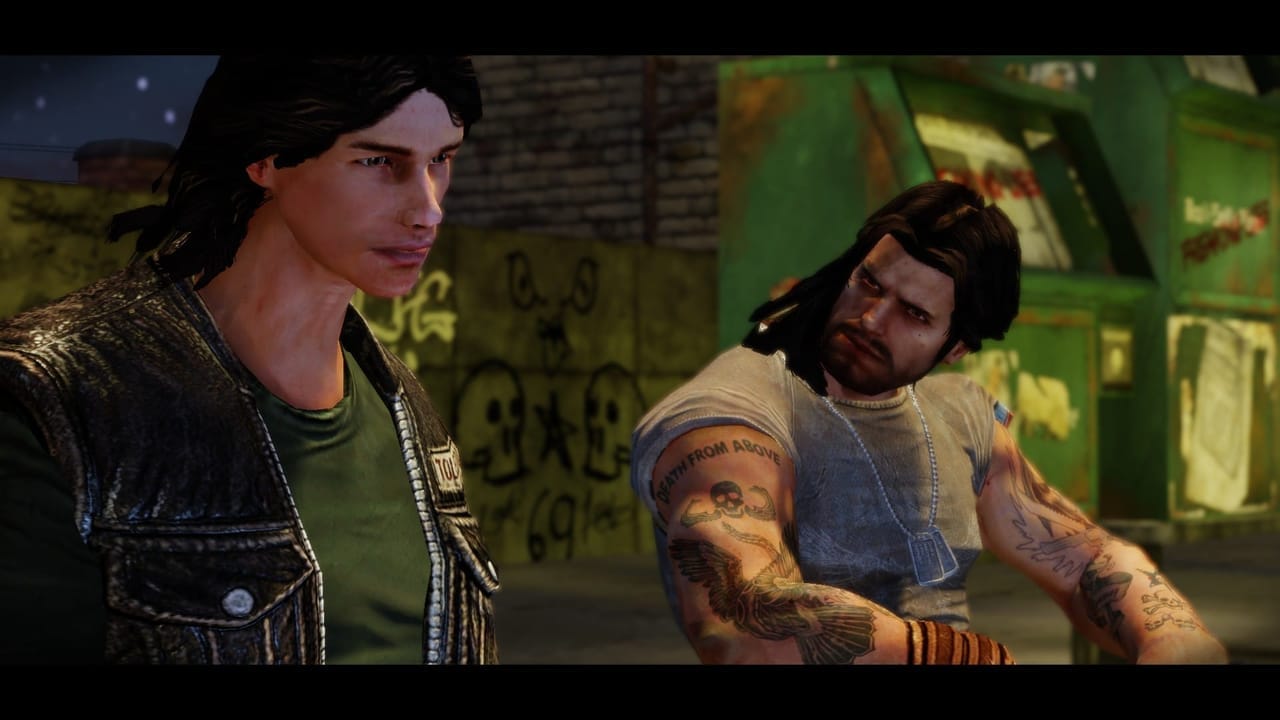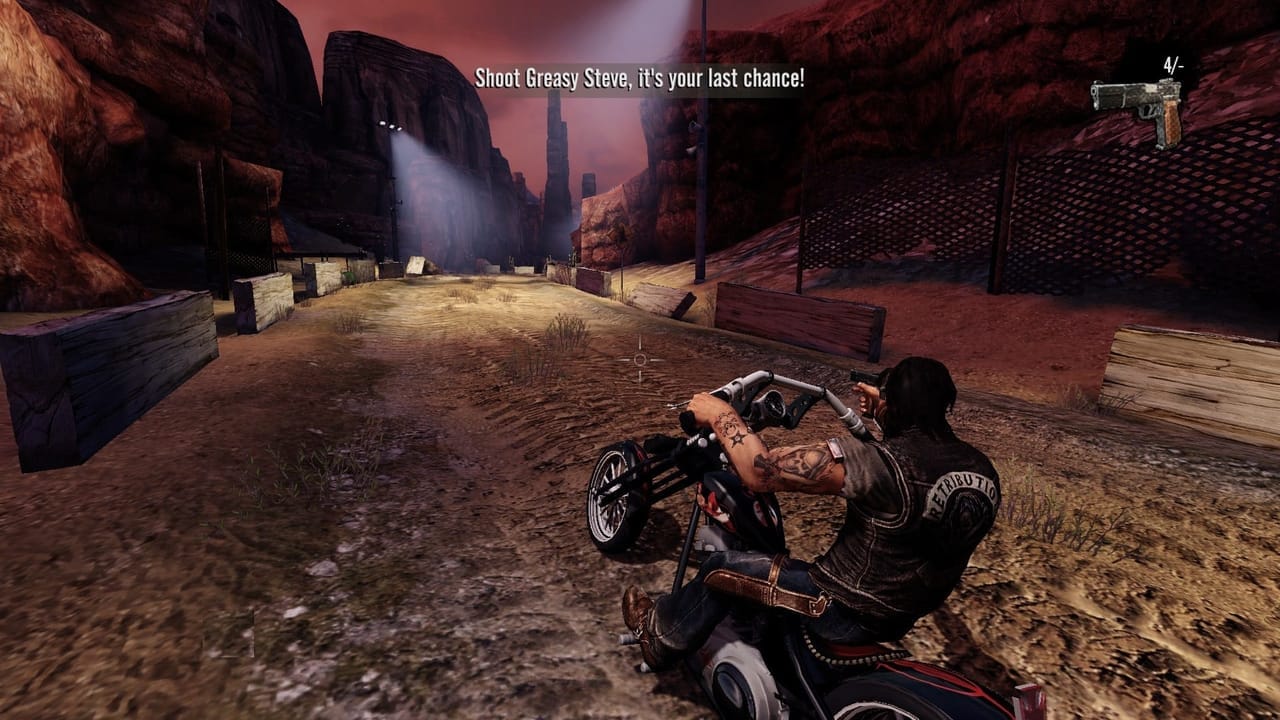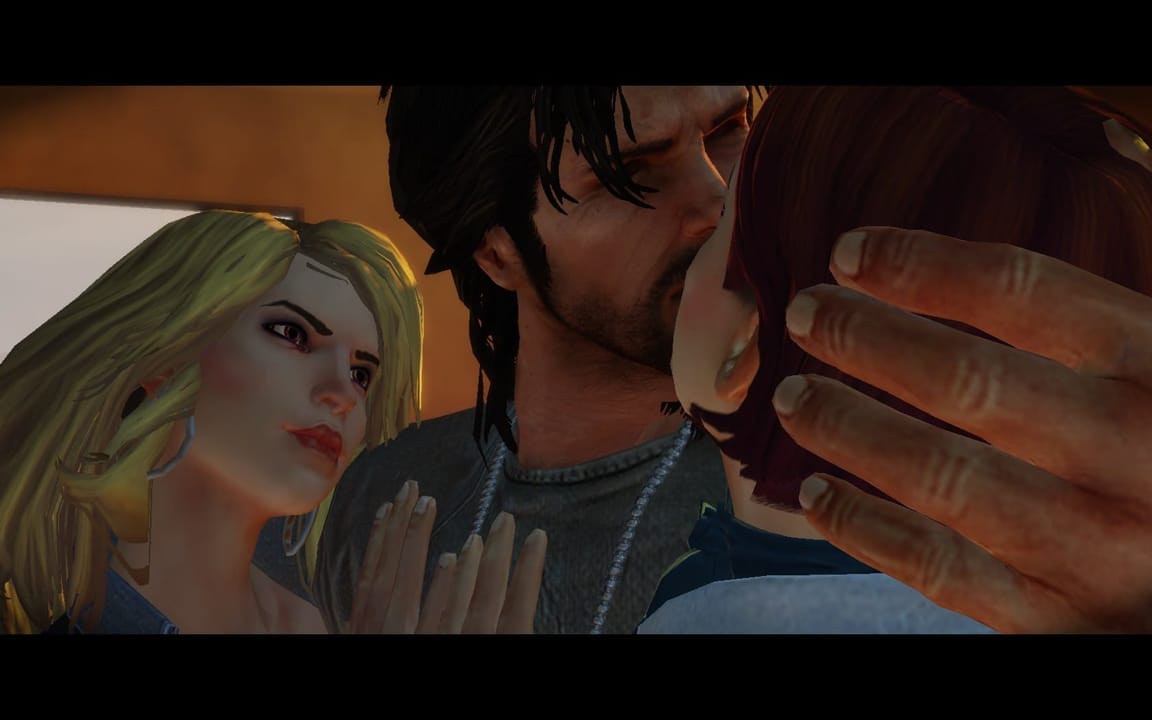As a critic, I've always found it important to widen my palette and sample media from all ends of the spectrum. I love contemplative small games like Undertale just as much as I love licensed nonsense like Transformers. The Room is, without any hint of irony, one of my favorite movies of all time, and I'd just as soon choose between a documentary and a Steven Seagal film on any given night. How else will I be able to judge the merits of anything with perspective without having sampled the very best and the lowest of the low? Of course, games have a much more difficult time of it, as being an active agent in a world makes it much more frustrating when you notice that the world is held together by shoddy code and duct tape. Games like Deadly Premonition and Bulletstorm fight through that frustration with charm and audacity, reaching a level of cult fame that is usually reserved for films like Plan 9 From Outer Space. Our subject today was very close to joining this group, and the most disappointing thing about it was its failure to attain that status.
Ride To Hell: Retribution had a rocky development history, first being announced in 2008 as an open world biker game set in the 1970s. It eventually released in the summer of 2013 with the open world stripped out, leaving a disjointed mess of forced driving sequences, long cutscenes, and lackadaisical combat AI that is barely patched together into a linear action game. The character models look like stretched out puppet men when they talk, everyone has an accent straight out of a third-rate improv troupe, and the entire experience is doused in a grimy layer of violence, swearing, and shameless sexual pandering. It is one of the few video games that wouldn't feel out of place in an old grindhouse theater, and I fell in love the moment I was dropped into a contextless turret sequence right at the start of a new game.

The game eventually presents its narrative, and it is the type of predictable tale that really fits in with the rest of the nonsense. You play as Jake, an army veteran coming home from Vietnam who almost immediately gets tangled up with enemy bikers. Said bikers are furious that Jake and his brother are still alive, as their father was one of the riders in a rival biker gang, and the bikers of the anarchy age don't take any prisoners. Jake's brother is unceremoniously killed in front of him, and now the musclebound blockhead is on a murderous quest for revenge. He's dedicated to his cause, even if it means killing every biker in the tri-state area.
I could go on and on about the reasons why I love the opening few hours of Ride to Hell. The story concerns biker gangs, and yet the game struggles with the basic concept of letting the player ride their motorcycle. There is only one animation for kicking a rival biker off of his hog and watching it explode, yet you are treated to that animation dozens of times as you travel from place to place. Said traveling is done on a linear open road littered with construction equipment, overturned trucks, ramps, and other hazards that somehow don't impede the impossibly natural flow of traffic. Don't miss anything as you go, because the game blocks you from turning around when you're riding, and sometimes just fades to black when it can't deal with whatever obstacle you've failed to circumnavigate. Truly Ride to Hell is a game that surprises you at every turn, just not on purpose.

When you're not being pushed along on the open road, you'll be fighting using the game's combat system, which is a combination of shoddy Arkham Asylum melee brawls and third person shooting that inexplicably goes into slow motion whenever you pull off a headshot. These sections are basically fine for what they are, and the first few fights early on in the game trick players into thinking that they'll be able to grind through this mess to get at more of the laughable story content. However, you soon enter into a massive building and run into fight after fight with the same five dudes, and then scratch your head at the giant bullet sponges with hockey mask that just will not stay down. That's when Ride to Hell begins to turn. The tedium sets in and the perverse fun slips away.
Mind you, all this takes place within the first few hours. Ride to Hell is somewhere between eight and twelve hours long, which is natural considering that it spent most of its life with a huge open world connecting it together. However, in the linear state that it was released in, Ride to Hell dares you to keep playing despite its lack of variety and aggressive recycling of assets. It challenges you to care about the side characters it drops into the story seemingly at random, whether they be wacky male stereotypes or females who exist solely to dry hump you with dime store porno music blaring in the background.

As an hour long dive into madness, Ride to Hell is a treat for fans of exploitation in all its forms. As a complete package, the game pales in comparison to the truly enjoyable Z grade experiences out there. Games evolved in both complexity and budget during the seventh generation, and a lot of the smaller projects that you saw during the PS2 era dried up. Every game, even the bad ones, were either a AAA game with polish behind it or an independent project that felt too small to truly make fun of properly. Ride to Hell is one of the last of a dying breed, and its insistence on longevity and taking itself seriously probably cost it the only audience it ever would have had.
Have a tip, or want to point out something we missed? Leave a Comment or e-mail us at tips@techraptor.net













